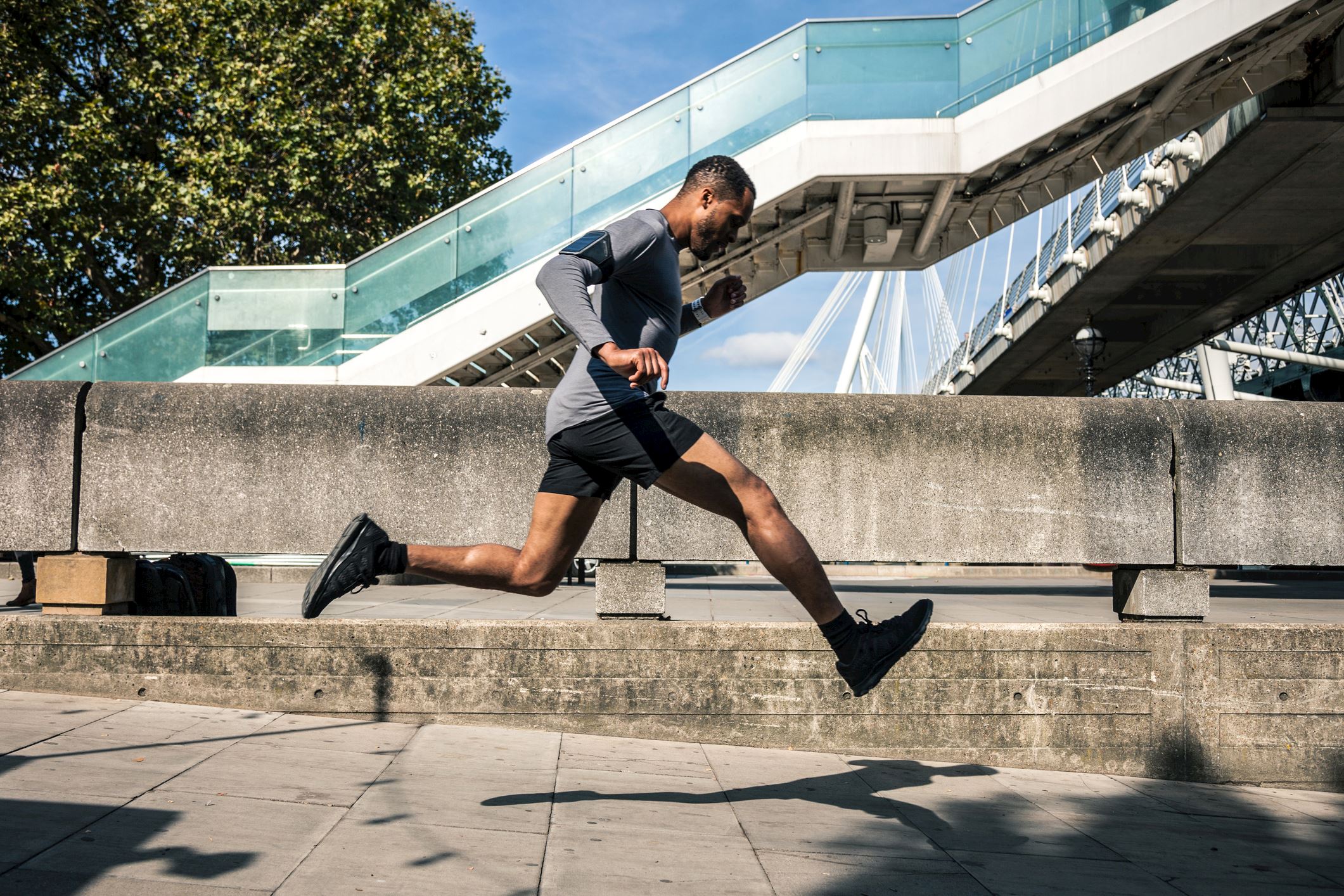Treat Your Body Well And It Will Do The Same
If you have committed to running a marathon, you know that it is no small commitment to make. Training for a marathon takes persistence, drive, and above all, the ability to push yourself when you would rather just sit on the couch. If you want your body to help you by staying active and healthy, you have to help it. When increasing the mileage you run, you have to compensate appropriately by not only increasing what you eat but by eating the right things. There are things that will help your training and those things that won’t. Knowing the difference can make things much easier and get you toward you goal.
There is no magic diet that you have to follow to stay strong and on course, but there are things that you should incorporate into your diet and increase to give it all that it is going to need to accommodate for the demands that will be placed upon it. Eating more is not the key, eating smartly is. To keep your body strong, your immune system pumped, and to stay off of the injured list, follow these simple rules to marathon nutrition.
Protein is essential!
When you exercise, you create tiny rips in your muscle fiber. Although sounding bad, it is a good thing. It is those tears created that forces the muscle to rebuild and repair. When it does, that strengthens the muscle, that is how muscle building works. A muscle can not repair or rebuild, however, without the essential ingredient, protein. When you are increasing mileage or training for a marathon, it is crucial that you increase your intake of protein.
It is always better to choose lean proteins such as turkey, chicken, or fish. Fish has the additional benefit of supplying the body with omega-3 fatty acids. They are responsible for joint health and elasticity. A double whammy, incorporating fish into your diet is an excellent way to increase your performance. Animal proteins such as beef and pork are great in moderation as well. Other sources of protein that are excellent are dairy, eggs and legumes. You should up your intake of protein by a minimum of 10% of your daily nutrition during training, to effectively give your muscles the tools that they need to grow and stay healthy.
Men Eat To Run Longer, Harder, And Stronger
Fat is back
When increasing your mileage, it is critical that you up your intake of fat. That doesn’t mean you should run through the McDonald’s drive-thru! Eat fats are are unsaturated, choosing to stay away from saturated and trans fats, which are not good for the body and can make it feel sluggish. Fat is one of the best ways to increase your energy and supply your body with more calories to burn at a slower rate. You get more burn from a morsel of food that is rich in saturated fat such as nuts than you get from eating fat-free snacks. Science is finally telling us what we already know, fat does not make you fat, it is essential for good health. Just make sure to choose the right type of fat. Avocados, cheese, and eggs are all great ways to feed the body and to give it more energy for your long runs.
Potassium and electrolytes
Most distance runners understand the importance of good hydration, but sometimes it is important not only to stay hydrated but to ensure that your electrolytes are in balance. Electrolytes are responsible for the electrical systems of the body. On those days when you run for long periods of time, or in excessive heat conditions, it will be more important for you to hydrate with drinks that contain electrolytes. Sports drinks are great, but make sure you aren’t being fooled by all the sugar that they can sometimes contain. Potassium is also essential for the body and muscles. Eating foods that are rich in potassium such as bananas and avocados will give you all you need to stave off those horrible cramps that can ruin even the best run.
Vitamins and minerals
Likely you will not be able to get all the additional things you need in your diet to stay strong and to compensate for the heavy work load you are putting on it. To ensure that you are getting all the vitamins and minerals you require, it may be a good idea to incorporate supplements. Whether you take supplements to increase your protein intake or a good overall multi-vitamin, it is important that you replenish all that is lost through your increase in mileage. If you don’t supply the body with what it needs to repair and to build, you are risking injury, or illness, which could sidetrack even the best training course.












